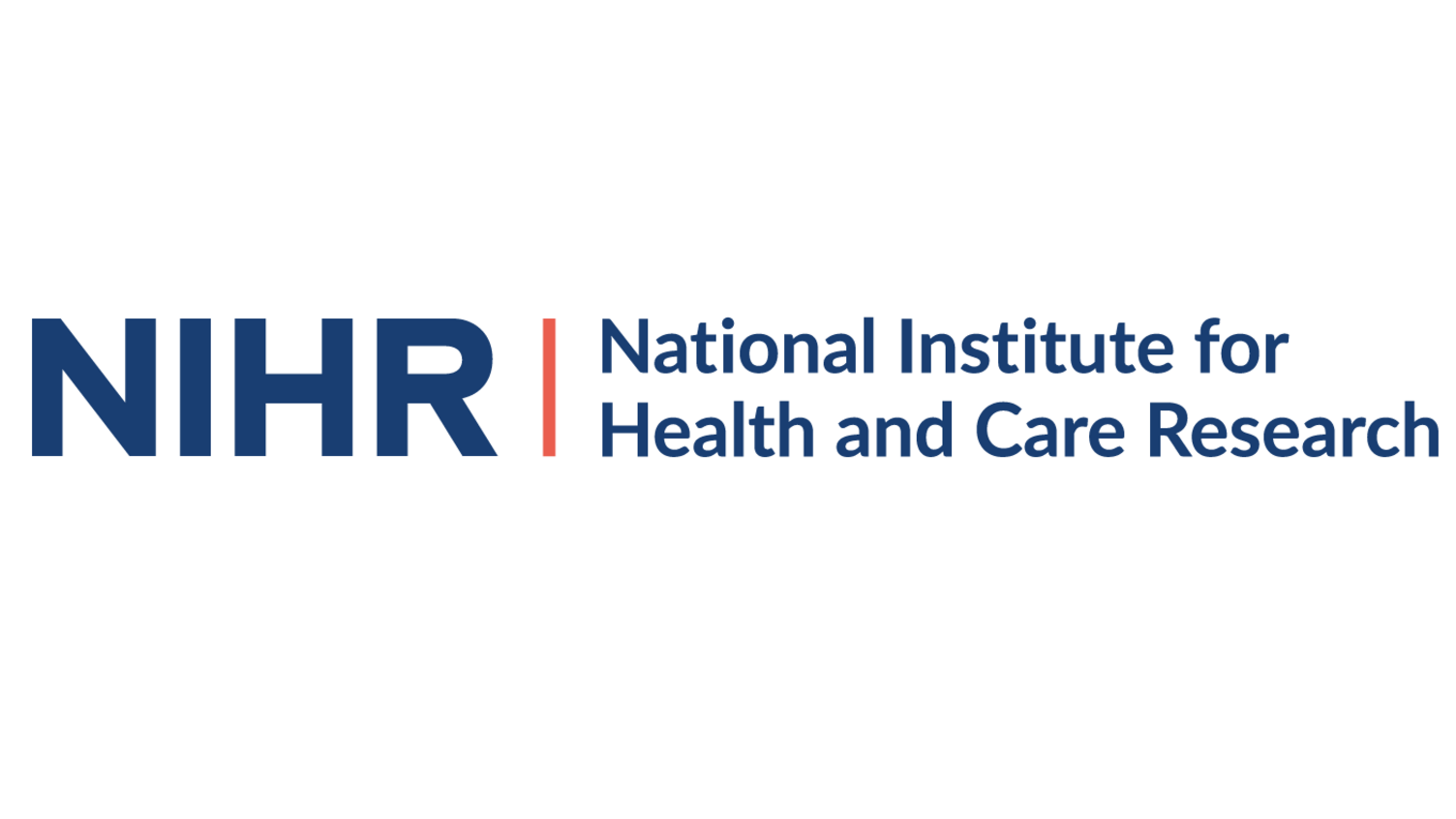What happens after a PSP has identified its priorities?
- 24 September 2015
- 3 min read
In July 2014, the Childhood Disability Priority Setting Partnership (PSP) completed its mission to identify priorities for research into neurodisability in children. Conceived and funded by the British Academy of Childhood Disability (BACD), the PSP brought together young people, families and health and social care professionals and was the first ever multi-condition JLA PSP.
All the priorities were published on the UK Database of Uncertainties about the Effects of Treatments (UK DUETs). Press releases were circulated to publicise the Top 10 (.PDF) priorities for research and the full list (.PDF) of unanswered questions identified. A paper in BMJ Open was published along with a plain language summary (.PDF).
Since then, Chris Morris (University of Exeter Medical School), who coordinated the PSP, and Jeremy Parr (Chair of the BACD Strategic Research Group), have been working with the National Institute for Health and Care Research (NIHR) and other funders and keeping track of the response to the priorities.
We’d like to thank Chris, Jeremy and Katherine Cowan (the JLA Adviser for the PSP) for providing the JLA with this encouraging update:
“The Health Technology Assessment (HTA) and Health Services and Delivery Research (HS&DR) programmes are providing funding for primary research or evidence synthesis relating to several of the priorities identified. These include the number one priority, on the timing and intensity of therapies for infants and young children with neurodisability and number ten, on ways to manage sleep disturbance in children and young people with neurodisability. Priority number six, on comparative safety and effectiveness of medical and surgical spasticity management techniques, is the subject of NICE guidance currently in development, which will lead to specific related research recommendations.
“The HTA Programme has, in fact, shown an interest in the top 25 issues identified. Research relating to question 13 focusing on improving behaviour in children with learning disability is currently being pursued as a potential area for a future commissioned call. A question in 14th place, on sensory integration therapy for children with autism spectrum disorder has recently been advertised for expressions of interest.
“Research funded by the HTA Programme relating to question 15, on postural management programmes, is currently underway. Question 20, on improving eating ability in children with neurodisability, was advertised for expressions of interest this year.
“The HS&DR Programme has also recently funded a researcher-led project examining selection of appropriate communication aids that addresses priority 2 of the top 25, with the PSP being cited in the application, helping to support the importance of the project.
“Reflecting on the success that this PSP has had with the uptake of its priorities, it probably helped that we engaged representatives from the NIHR early in the process, and we benefitted from the serendipitous NIHR themed call for research focusing on children with long term conditions. We also sought links with AMRC and various individual charities that fund childhood disability research.
“Recently, the BACD Strategic Research Group started working with the HTA Programme on how the priorities can be addressed, for example in collaboration with HTA and other NIHR programmes and through charities supporting research. For example, the BACD Strategic Research Group and the NIHR have started exploring priorities four (provision of wheelchairs), seven (continence), eight (improving physical activity), 21 (orthoses) and 24 (gait analysis) with a view to developing specific research questions that can be pursued by the relevant programmes. This summer, BACD will work in partnership with the Castang Foundation to call for applications to undertake pilot feasibility work around one of the priority areas not being taken forward by NIHR at present.
“In addition, while the Childhood Disability PSP included autism in its scope, it was clear that there was enough interest for this to become a standalone topic. The UK autism research charity Autistica is now leading a group of organisations to deliver a PSP in Autism. It is likely that other condition-specific PSPs will emerge too.”
For further information, please contact Jeremy Parr (jeremy.parr@newcastle.ac.uk) or Chris Morris (Christopher.Morris@exeter.ac.uk).


